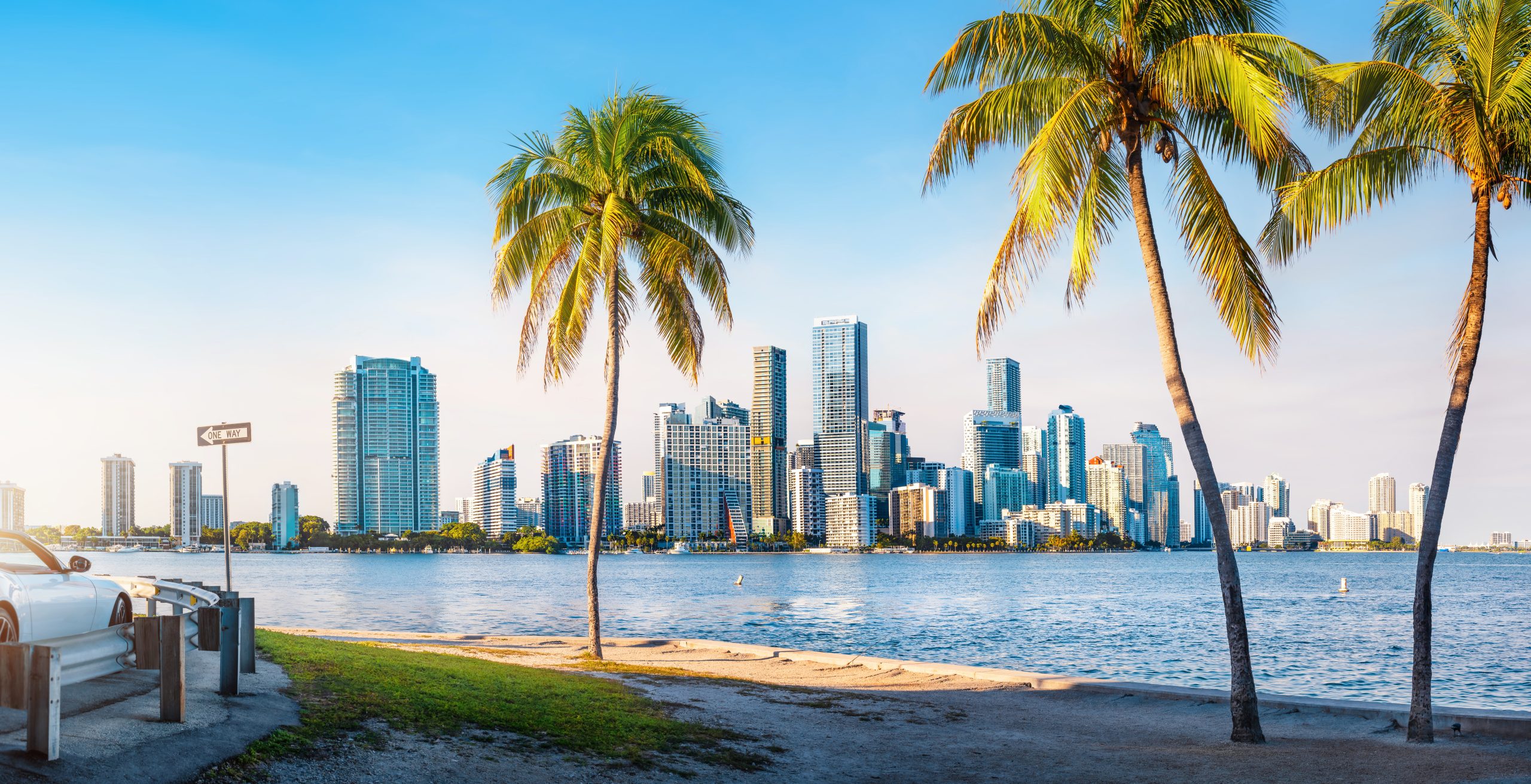OIV meets WHO to discuss wine, health and warning labels
The International Organisation of Wine and Vine (OIV) met with the World Health Organisation yesterday to “discuss the role of wine in alcohol policies”.

Fearful that wine may soon be forced to carry health warnings like tobacco, which could mean your future bottle of Bordeaux says ‘drinking causes cancer’, the OIV headed to Geneva yesterday to meet with WHO in an attempt to promote the role of moderate wine consumption as part of a healthy lifestyle.
Following the meeting, the OIV issued a statement to db stressing that the OIV has always encouraged responsible drinking and has published the results from many studies into the effects of moderate wine consumption on health.
For this reason it noted that the OIV and WHO have “common objectives in promoting a healthy way of life”, adding that “cooperation is crucial between both organisations”.
As reported by db last month, The World Health Organisation is expected to adopt “a global strategy to reduce the harmful use of alcohol” in May this year.
Within the draft plan, among the “proposed actions” for the WHO secretariat, is not only the “implementation of minimum pricing and taxation policies”, but also “the development and implementation of warning labels” for drinks.
The OIV also expressed its concern that wine – along with other alcohol beverages – is not only being considered as a potential carcinogenic product like tobacco in the eyes of WHO, but also other agencies, notably the EU.
Evidence for this comes with the fact that – as db has already covered – in December 2021, the European Parliament approved a report from BECA – its Special Committee on Beating Cancer – which stated that there is no ‘safe’ level of alcohol consumption, meaning that even a daily drop of wine is believed to be carcinogenic.
Less than two weeks from now, on 14 February, there will be a final vote to decide on whether the recommendations in this report should be adopted by the EU, which would include a suggestion that health warnings be added to all alcoholic drinks.
It’s a development that has both “frightened” and “shocked” the likes of Dr Ignacio Sánchez Recarte, who is the secretary general of the Comité Européen des Enterprises Vins (CEEV), who told db last month that the focus in Europe has shifted from targeting alcohol harm, to trying to reduce consumption for everyone, using, he fears, measures that would create “a completely different” world for the wine industry in Europe.
Among these, aside from health warnings, are restrictions on advertising and retailing, as well as an end to “support or help for wine companies” – the EU provides funds for promotion as well as production when it comes to wine made in its member nations.
He also pointed out that both WHO and the EU are using a “flawed” study from 2018 as the basis of their claims that there is no alcohol consumption without health risks.
Called the Global Burden of Diseases (GBD) study, it was published by The Lancet in 2018, and stated that even very moderate drinking is worse than not drinking at all.
Partner Content
In a discussion with db earlier this year, Dr Ignacio described the study as “meta-analysis” that “cherry-picked” data from “old studies” in a “simplistic” manner that “isolated alcohol from patterns of consumption”, while failing to take into account other lifestyle influences, he said that it doesn’t reflect “the reality, which is that cancer is a multifactorial illness.”
Not only has such a study since been found to have flaws in its analysis, but its conclusion contradicts a large body of other studies showing that moderate drinking is associated with a healthier and longer life expectancy and lower cardiovascular events.
As a result, he said there’s an urgent need to put “robust science” at the heart of policy making.
Following yesterday’s news about the OIV’s trip to see WHO, db contacted the former organisation for further information on the outcome of its meeting, and will update our readers when we hear more.
But I’m pleased to see that the wine trade has approached WHO, and been at least granted time to present a viewpoint. As I wrote in the February edition of db, the drinks industry must promote its sustainable and responsible credentials, and its socio-economic and cultural benefits, while defending alcohol’s health-giving properties. At the same time, it must also acknowledge the dangers of excessive consumption.
Of course the fear is that such perspectives will fall on deaf ears, with Dr Ignacio telling db that the drinks trade is facing an anti-alcohol movement that’s almost impossible to influence, describing it as a “dogma”, and one that’s “built around cancer.”
Read more
Don’t blame the booze – serious health conditions are multifactorial
How Europe could soon start treating wine like tobacco
European politicians urged to recognise the health benefits of moderate drinking
Why the drinks trade should be afraid of WHO
Flaw found in ‘no safe level of drinking’ claim
Related news
Ricky Gervais demands Barossa red on his tour rider




